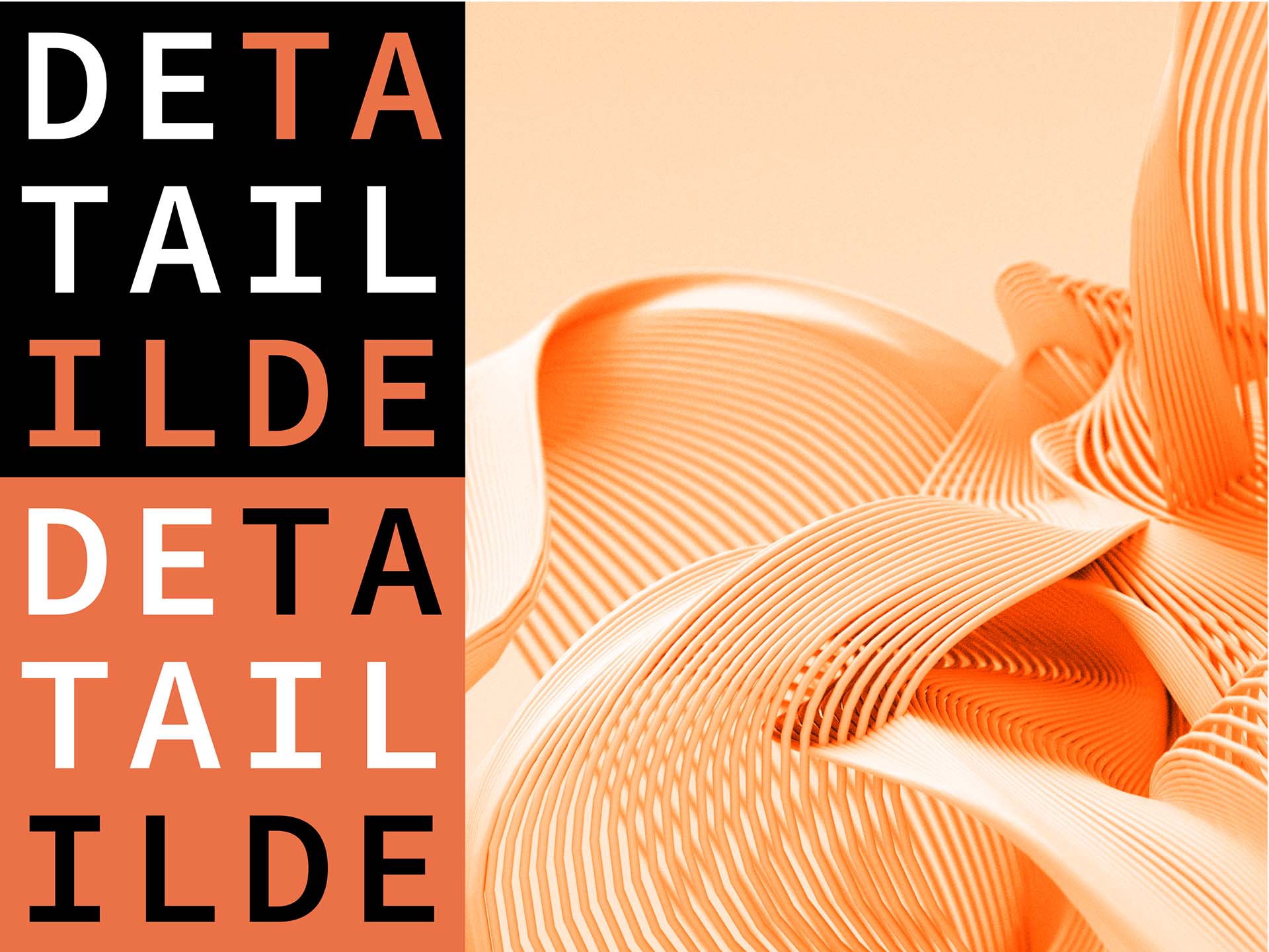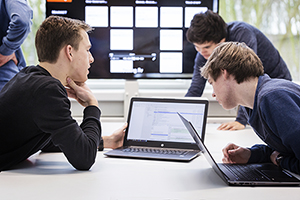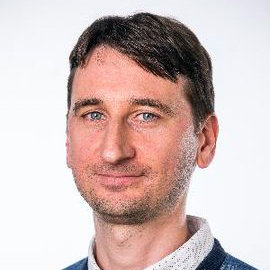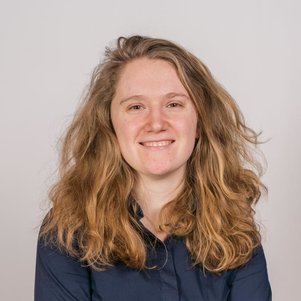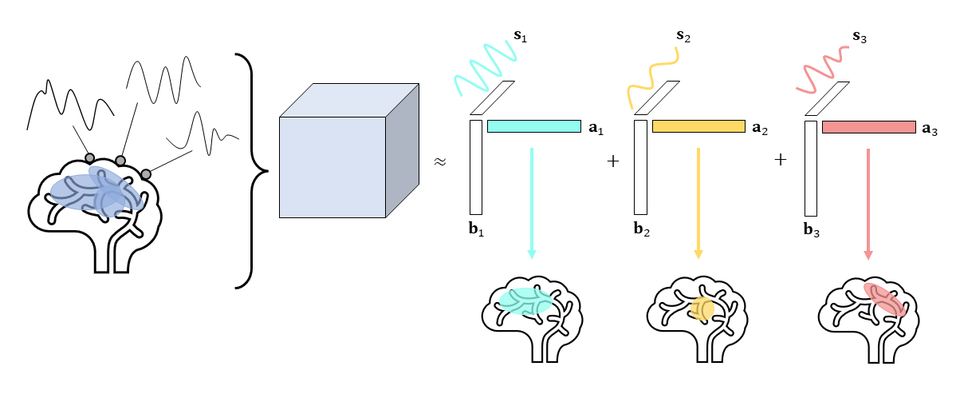DeTaiL
Training & innovation in tensor-based AI methods for biomedical signals
Undoubtedly, we live in the era of big data. Real life data - in the biomedical field and beyond - often comes high-dimensional. Current signal processing solutions artificially segment such high-dimensional data into shorter one- or two-dimensional arrays, causing information loss by destroying correlations between these data. At the same time, advances in (biomedical) sensor and imaging technology – such as substantially larger recording durations of wearable sensor technology or the unprecedented increase in spatial and temporal resolution of the latest neuroimaging techniques – have led to ever increasing data sets. Tensors (multi-dimensional arrays) are the data structure of choice in artificial intelligence research to exploit the full potential of these data in a timely manner.
Within the DeTAIL Lab, we focus on both the development of novel low-rank tensor methods and their application for biomedical signal processing, thereby enabling a much faster, and therefore more energy-sustainable, training of AI models from large datasets without any loss of accuracy.
The DeTAIL Lab is part of the TU Delft AI Labs programme.
The team
PhD's

Frederiek Wesel
Faculty of ME
PhD
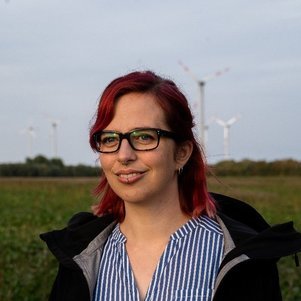
Eva Memmel
Faculty of ME
PhD
Education
Courses
Master projects
Openings
Master thesis project openings related to tensor-based biomedical signal processing will be posted at the website of B. Hunyadi at the Circuits and Systems group.
Ongoing
- Energy-efficient epileptic seizure detection using EEG
- Dynamic brain network analysis using fUS
- Frequency-domain estimation of the fUS hemodynamic response
- Tensor-based independent component analysis
Finished
- Investigating brain function and anatomy through ICA-based functional ultrasound imaging
- Differentiating Task-Based Functional Ultrasound Signals via Data-Driven Decompositions
- Investigation of focal epilepsy using graph signal processing
- Analyzing Functional Ultrasound Images of the Brain Using Tensor Decompositions
Partners




